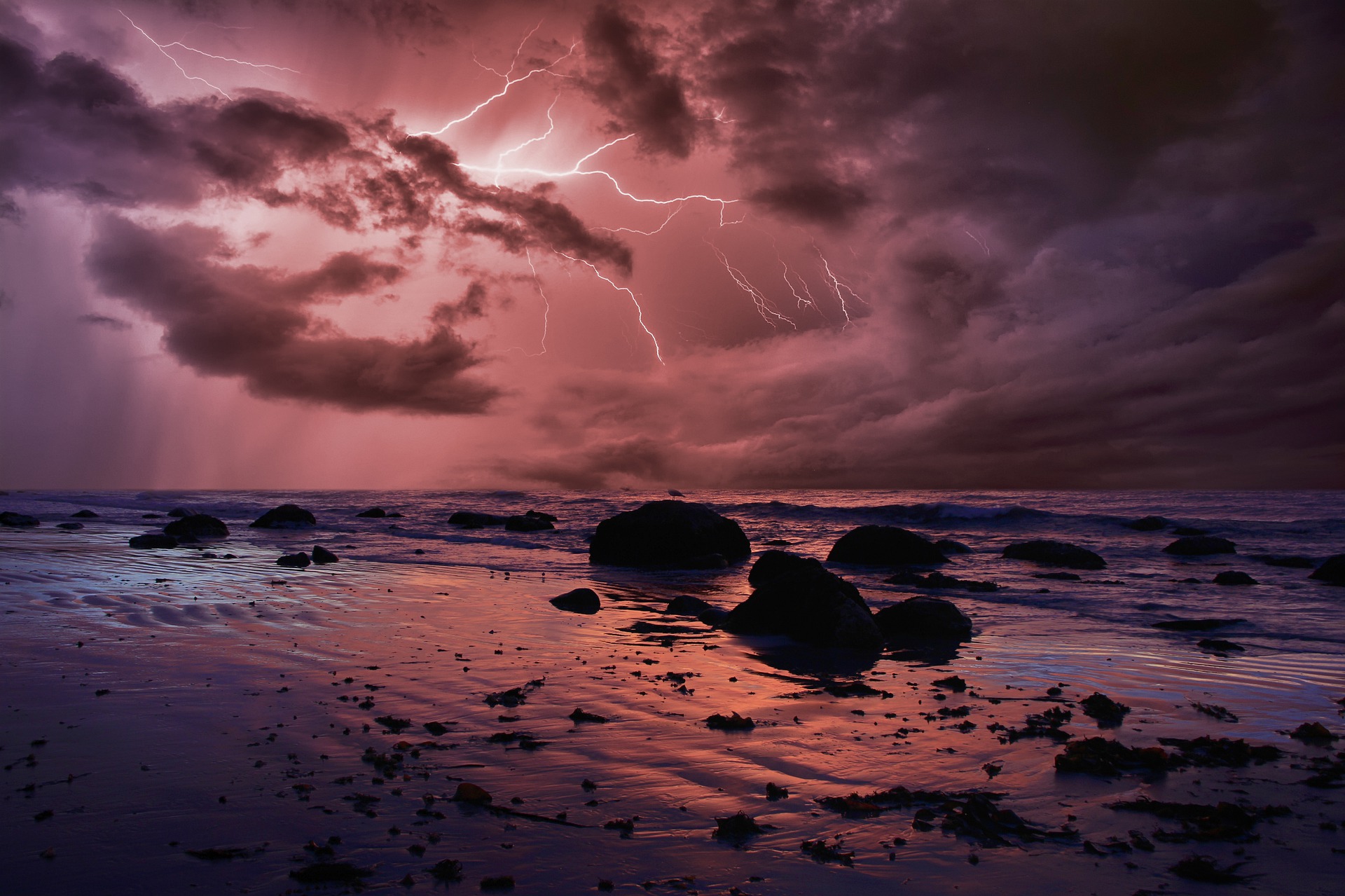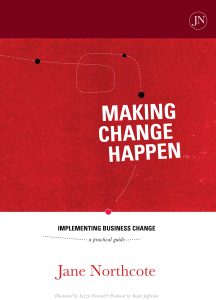Sometimes it pays to listen to the minority view
The recent D-Day commemorations have reminded me that last year I saw a great play about weather forecasting… don’t stop reading there because it was weather forecasting that made D-Day successful and that, in turn, made me realise how important minority views can be.
Under pressure
“Pressure” is a play written by the actor David Haig and covers the events leading up to D-Day. Haig plays John Stagg, a meteorologist advising the Allied Expeditionary Force. Despite a run of fine weather in the days leading up to the operation, Stagg persuades General Eisenhower that the weather will deteriorate sharply on the planned date and a delay of 24 hours would be necessary to avoid a catastrophic military failure. After much debate – including with another meteorologist, the American Irving P. Krick, whose own data (crucially derived from the US not the UK) suggests everything will be fine – the weather is terrible on 5th June but clears in 24 hours; the operation takes place and the rest, as they say, is history.
Despite having been turned into a compelling, if
traditional, piece of theatre, these events actually happened and John
Stagg is, arguably, one of the unsung heroes of WWII. Without his insight –
based on a combination of experience and intuition – D-Day would not have had
the effect it did on the outcome of the conflict.
Listen up
But what strikes me is that Eisenhower listened to Stagg’s
expert opinion. The Normandy Landings constituted the largest seaborne invasion
in history, so that’s a lot of effort and careful planning put under threat by
one – albeit expert – opinion.
Change leaders don’t always do enough listening to
dissenting voices, particularly when they have invested a large amount of
effort in a particular solution and someone comes along with a last-minute
change.
I think we can draw some leadership lessons from this particular
episode in history (apart from the “we must never let this happen again” ones
that have been recited endlessly over the last few days). When running a significant
change programme, do we:
- Take
our ideas out for testing, running the risk that people may disagree or propose
alternative solutions?
- Use
experts to provide relevant input on the areas where their knowledge adds the
most value?
- Trust
the experts’ judgement, without requiring excessive proof?
- Fully
understand the risks of not adhering to their recommendations?
This isn’t to suggest that every change leader should proceed by committee, but an understanding of potential points of failure and their consequences is critical. Sometimes a minority, expert voice can be the difference between success and failure.
This post was originally published on The Next Ten Years



 It’s not often that you read a management book and think ‘everyone should have a copy of this’ but
It’s not often that you read a management book and think ‘everyone should have a copy of this’ but 
 The UK launch of the
The UK launch of the